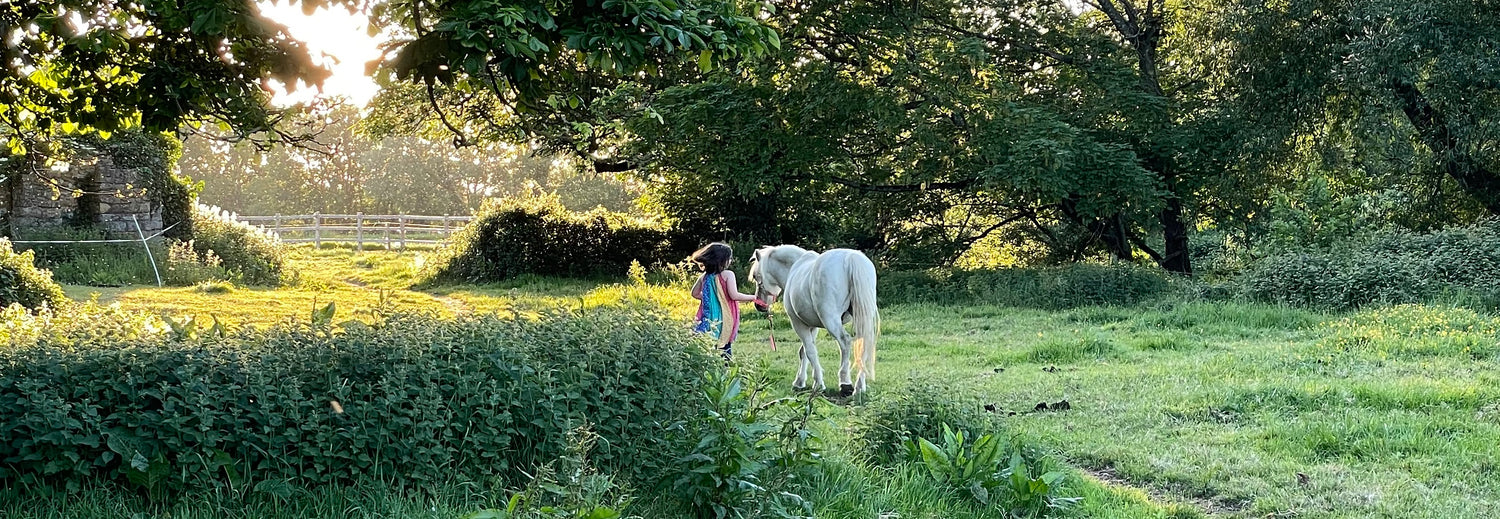FAQs
What’s the difference between ‘regenerative’ and ‘organic’ farming?
The answer to that question could take up many books, a number of them happen to feature on our own bookcases. At a very high level though, our farm takes organic farming principles as the starting point (such as no use of artificial pesticides, herbicides, or fertilizers) and then takes it further by using certain techniques (including no-till / min-till, herbal leys, and mob grazing) to regenerate the soil. This leads to benefits to the environment, wildlife, livestock, and you.
What are the benefits of regenerative farming?
Regenerative farming methods have been shown to improve soil health, nutrients and structure which can:
- improve livestock health and wellbeing (through them eating a more diverse range of plants of a higher nutritional quality and by them being out in pasture longer throughout the year);
- improve the nutritional quality of the meat produced (again through them eating a more diverse range of plants of a higher nutritional quality);
- improve biodiversity and wildlife habitats (through more diverse range of plant life and a lack of herbicides and pesticides);
- help to reverse climate change by increasing the amount of carbon taken out of the atmosphere and stored in the soil (through the increase in organic matter in the soil year on year);
- reduce the risks of flooding (through improved soil health and structure allowing more water to be absorbed during heavy rainfall);
- reduce the risks of soil erosion and desertification (again through the improved soil health and structure); and
- increase the production capacity of the soil (through an increase in the nutritional quality of the soil).
How do you package products for postage?
We wish we could get all our products to you packaging free as nature intended. However, in the interests of preserving their longevity, we have to wrap them. We have spent a lot of time, over a lot of coffee, carefully selecting the best options to get our products to you in perfect condition with the least amount of packaging. We use the minimum amount of plastic possible in order to protect our meat in the freezer, ensuring it lasts as long as possible. Our boxes are insulated using pure sheep's wool - the greatest natural insulator on Earth. The wool is 100% home compostable and biodegradable and the plastic wrappers for the wool and the meat can be recycled wherever you recycle your plastic bags. All our ice packs are reusable - great for picnics or lunchboxes! All paper and card (including our boxes, tape and wrapping) are 100% recyclable and biodegradable.
Can we refreeze meat products following delivery?
We use specialist packaging to keep meat products chilled below 8˚C during transportation. We do this as the Food Standards Agency considers the temperature between 8˚C and 63˚C to be the “Danger Zone” where bacteria could start to grow.
If your meat products have slightly thawed during transportation (and are still below 5˚C), you can put them straight into your freezer.
